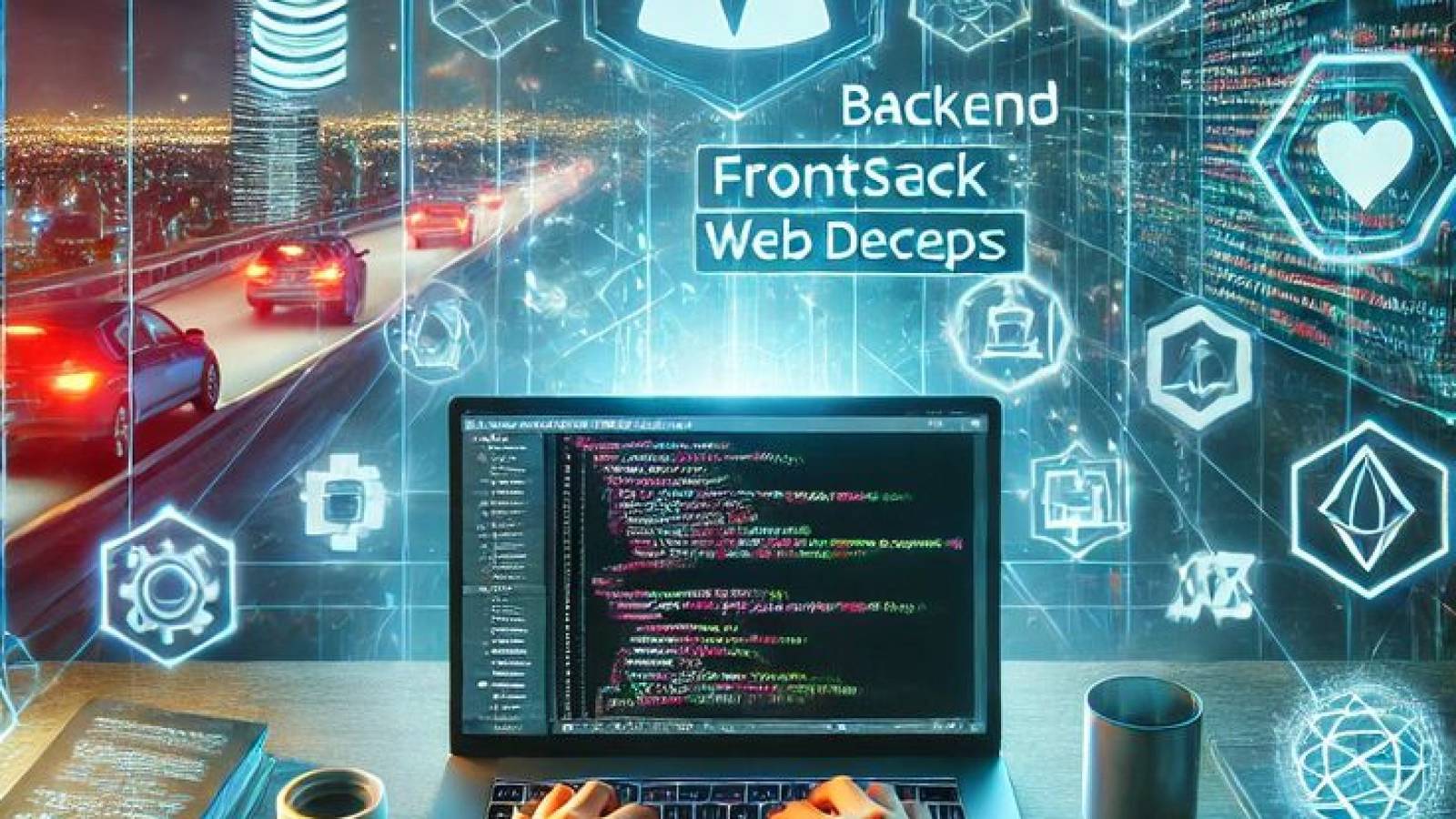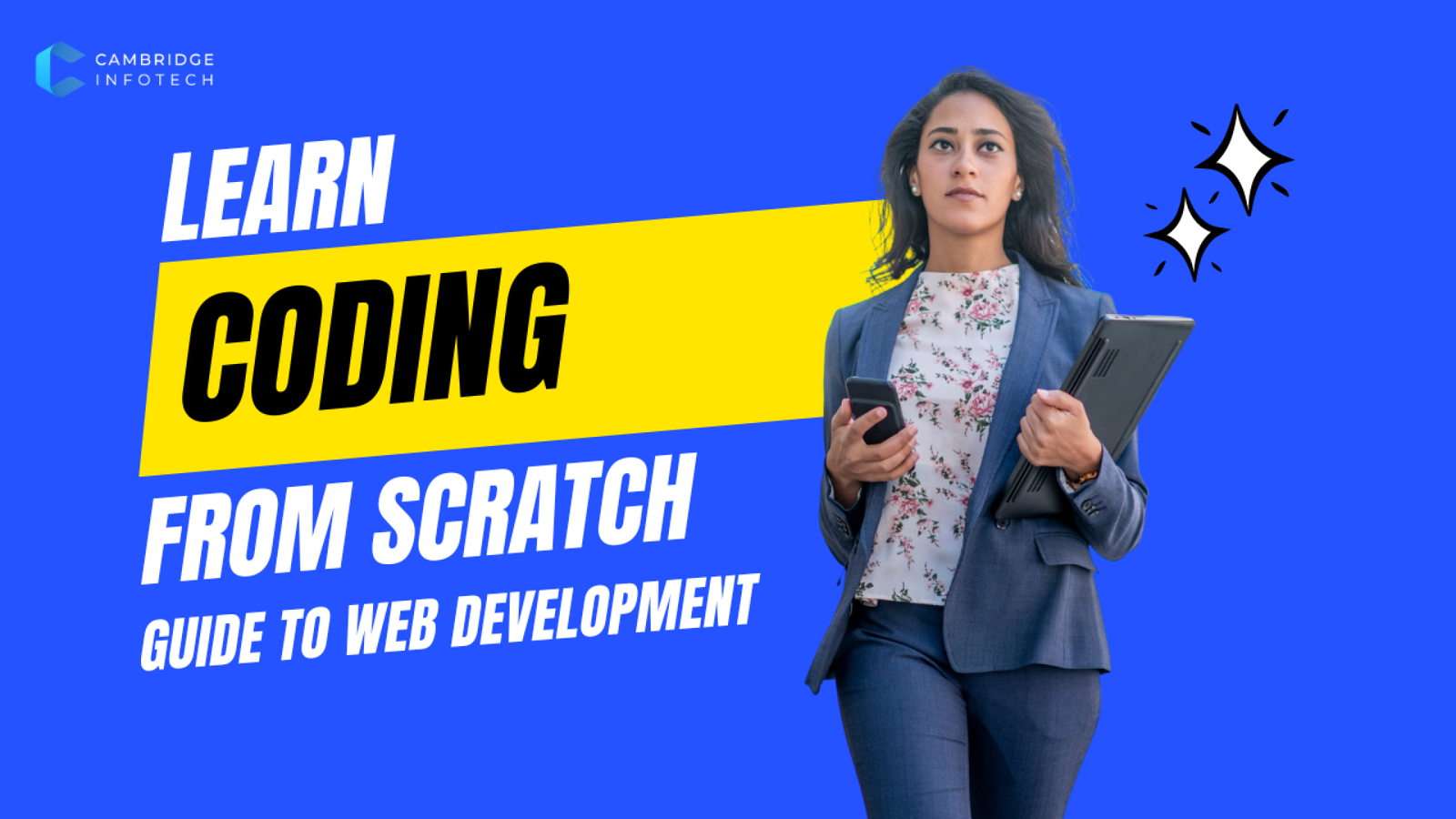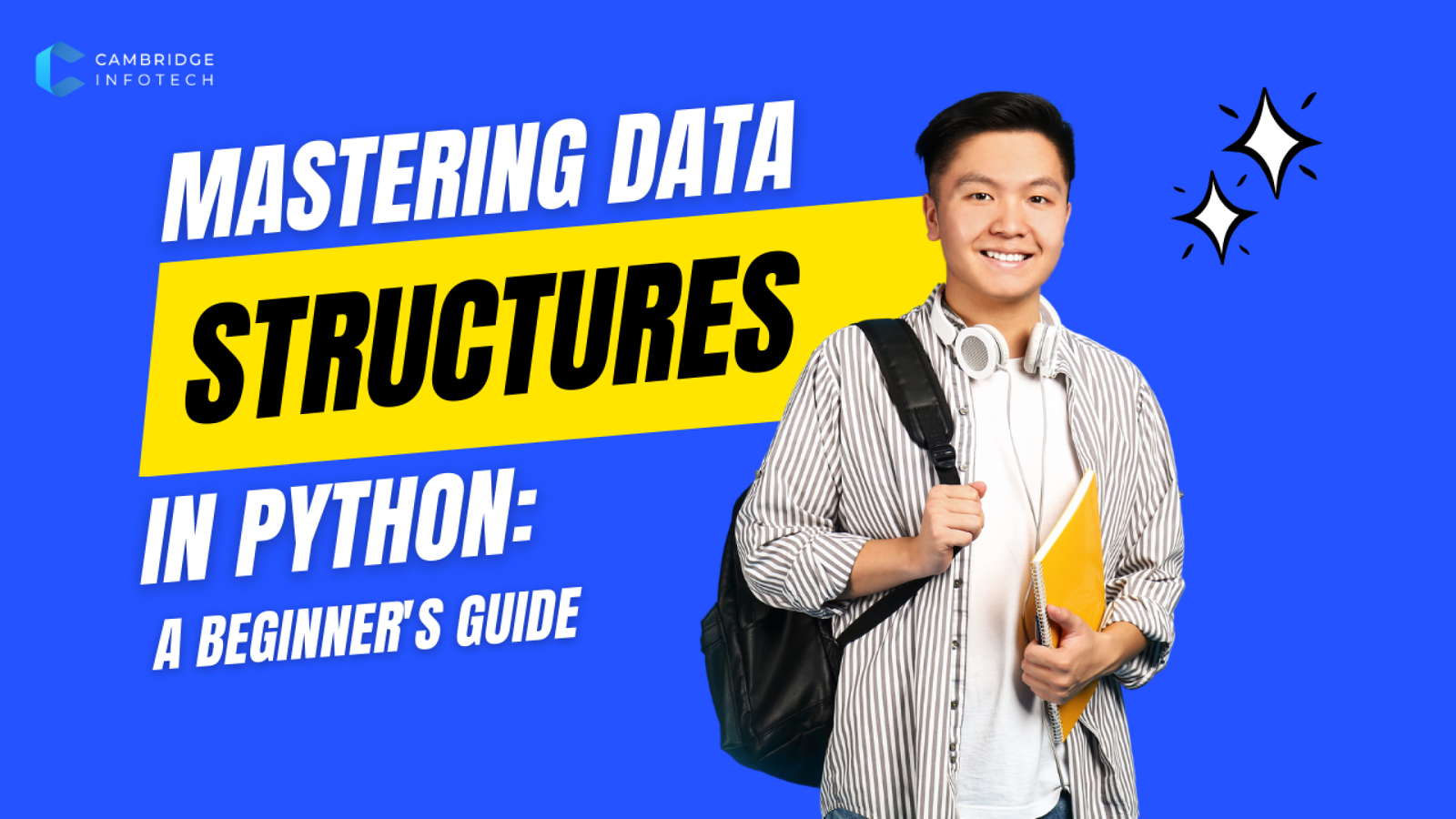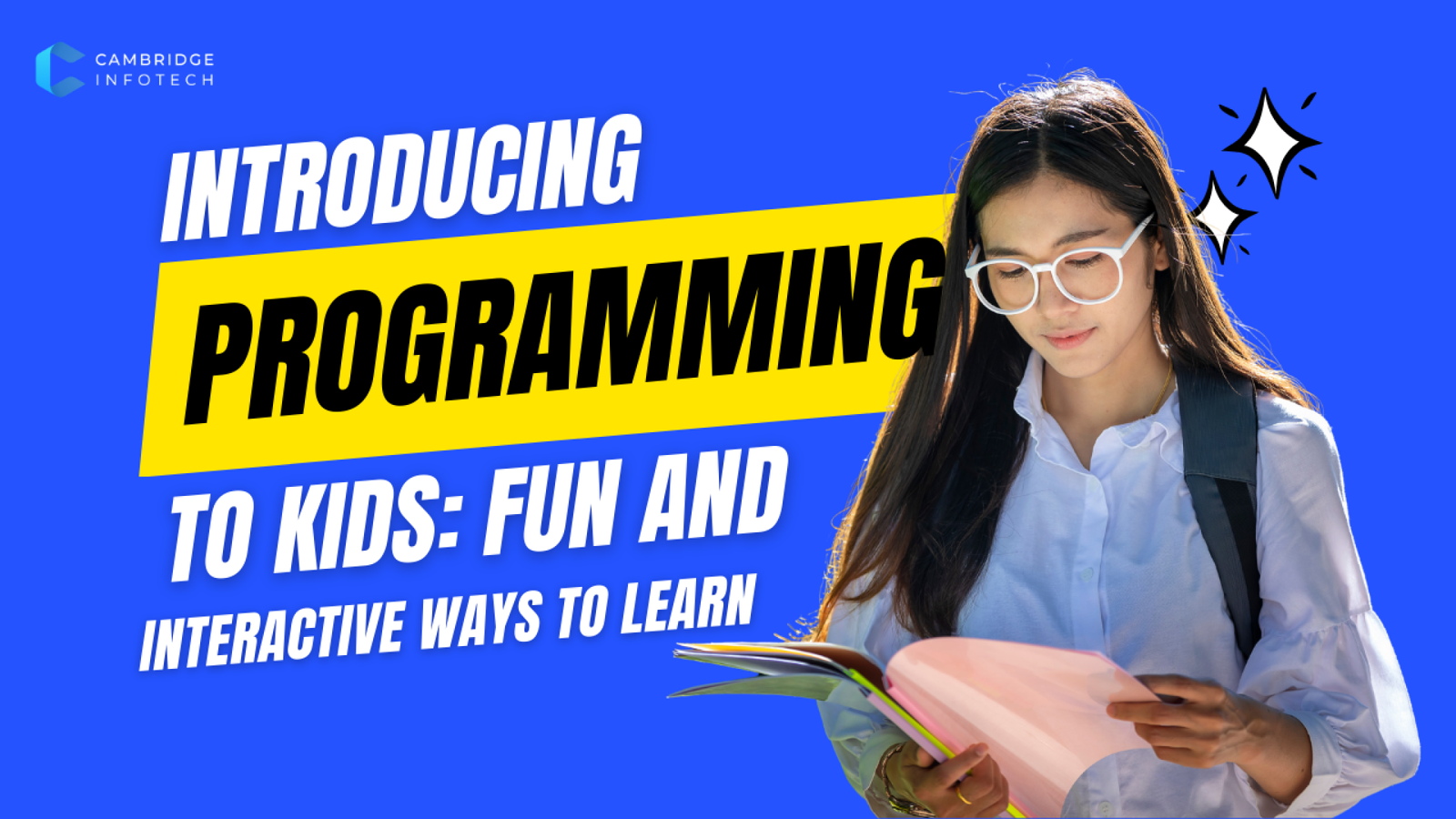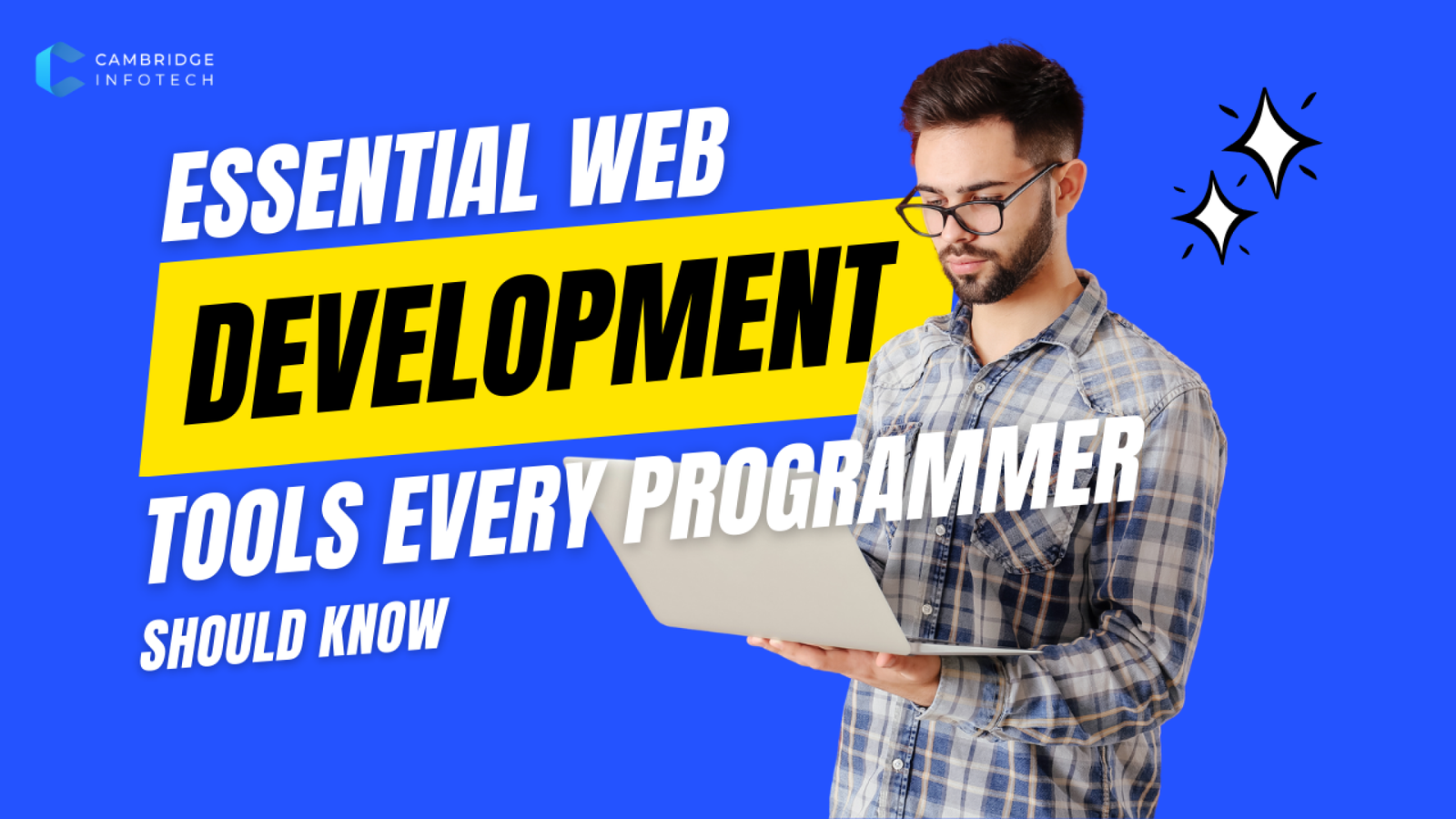Currently Empty: ₹0.00
Python Basics: The Ultimate Beginner’s Guide to Mastering Python in 2025

Python Basics are the foundation of one of the most popular programming languages in the world. Whether you’re a beginner or an experienced developer, understanding Python Basics is essential for building a strong foundation in programming. At Cambridge Infotech, we believe in empowering learners with the right tools and knowledge to excel in their careers. In this blog, we’ll dive deep into the fundamentals of Python, its applications, and why it’s a must-learn language in 2023.
Why Learn Python Basics?
Before we jump into the Python Basics, let’s understand why Python is so widely used:
Easy to Learn: Python’s syntax is simple and readable, making it perfect for beginners.
Versatile: From web development to data science, Python is used in almost every industry.
High Demand: Python developers are among the most sought-after professionals in the tech world.
Strong Community Support: With a vast community of developers, finding help or resources is never a problem.
Getting Started with Python Basics
Installing Python
To start your Python journey, you’ll need to install Python on your system. Visit the official Python website and download the latest version. Follow the installation instructions, and you’re good to go!
Writing Your First Python Program
The classic “Hello, World!” program is the perfect way to start. Open your text editor or IDE (Integrated Development Environment) and type:
print("Hello, World!")
Save the file with a .py extension (e.g., hello.py) and run it. Congratulations! You’ve just written your first Python program.
Key Python Basics Every Beginner Should Know
Variables and Data Types
In Python, variables are used to store data. Python supports various data types, including:
Integers: Whole numbers (e.g.,
5,-3)Floats: Decimal numbers (e.g.,
3.14,-0.001)Strings: Text data (e.g.,
"Python Basics")Booleans: True or False values
Example:
name = "Cambridge Infotech" age = 25 is_learning = True
Control Structures
Control structures help you manage the flow of your program. The most common ones are:
If-Else Statements: Used for decision-making.
if age >= 18: print("You are an adult.") else: print("You are a minor.")
Loops: Used to repeat tasks.
for i in range(5): print("Learning Python Basics!")
Functions
Functions are reusable blocks of code. They help you organize your code and avoid repetition.
def greet(name): print(f"Hello, {name}!") greet("Cambridge Infotech")
Lists and Dictionaries
Lists: Ordered collections of items.
fruits = ["apple", "banana", "cherry"]
Dictionaries: Key-value pairs.
person = {"name": "John", "age": 30}
File Handling
Python makes it easy to work with files. You can read from or write to files using simple commands.
# Writing to a file with open("example.txt", "w") as file: file.write("Python Basics are fun!") # Reading from a file with open("example.txt", "r") as file: content = file.read() print(content)
Applications of Python Basics
Python is used in a wide range of fields, including:
Web Development: Frameworks like Django and Flask make it easy to build websites.
Data Science: Libraries like Pandas, NumPy, and Matplotlib are essential for data analysis.
Artificial Intelligence: Python is the go-to language for AI and machine learning projects.
Automation: Python scripts can automate repetitive tasks, saving time and effort.
Tips for Mastering Python Basics
Practice Regularly: The more you code, the better you’ll get.
Work on Projects: Apply your knowledge by building small projects like a calculator or a to-do list app.
Join a Community: Engage with other learners and developers to share knowledge and solve problems.
Take a Course: Enroll in a structured course like the ones offered by Cambridge Infotech to get hands-on experience.
Why Choose Cambridge Infotech for Learning Python Basics?
At Cambridge Infotech, we offer comprehensive courses designed to help you master Python Basics and beyond. Our expert instructors, hands-on projects, and industry-relevant curriculum ensure that you’re job-ready by the time you complete the course. Whether you’re a beginner or looking to upskill, we’ve got you covered.
(FAQs)
About Python Basics
What are the Python Basics I should learn first?
Start with variables, data types, control structures (if-else, loops), functions, and basic data structures like lists and dictionaries. These are the building blocks of Python programming.
Is Python Basics easy to learn for beginners?
Yes! Python is known for its simple and readable syntax, making it one of the easiest programming languages to learn for beginners.
What can I do after learning Python Basics?
Once you’ve mastered the basics, you can explore advanced topics like web development, data science, machine learning, or automation. Python’s versatility opens up countless opportunities.
How long does it take to learn Python Basics?
With consistent practice, you can learn Python Basics in 4-6 weeks. However, mastering Python and its applications may take several months, depending on your dedication and learning pace.
Do I need prior programming experience to learn Python Basics?
No, Python is beginner-friendly and doesn’t require any prior programming experience. It’s a great first language for anyone new to coding.
What tools do I need to start coding in Python Basics?
All you need is a text editor (like VS Code or Sublime Text) or an IDE (like PyCharm) and the Python interpreter installed on your computer.
Why is Python Basics so popular in data science?
Python’s extensive libraries (like Pandas, NumPy, and Matplotlib) and its simplicity make it a favorite among data scientists for data analysis, visualization, and machine learning.
Can I get a job after learning Python Basics?
Yes! Many entry-level roles, such as Python developer, data analyst, and automation engineer, require a solid understanding of Python Basics. Building projects and gaining practical experience will boost your employability.
What’s the best way to practice Python Basics?
The best way to practice is by working on real-world projects, solving coding challenges, and contributing to open-source projects. Platforms like LeetCode, HackerRank, and GitHub are great for practice.
Where can I learn Python Basics online?
Cambridge Infotech offers beginner-friendly Python courses with hands-on projects and expert guidance. Check out our Python course to get started!
Conclusion
Mastering Python Basics is the first step toward a successful career in programming. With its simplicity, versatility, and wide range of applications, Python is a language that every aspiring developer should learn. At Cambridge Infotech, we’re committed to helping you achieve your goals through our top-notch courses and training programs.
Learn more about
“Digital Marketing Courses in Bangalore” by Cambridge InfoTech highlights the city’s thriving ecosystem for learning and excelling in digital marketing. Known as India’s tech hub, Bangalore offers a range of courses covering SEO, social media marketing, content marketing, PPC, and analytics. These programs provide hands-on training, industry-relevant projects, and certifications to help students build practical skills. The article emphasizes the growing demand for digital marketing professionals in Bangalore’s dynamic business environment, making it an ideal place to launch or advance a career in this field. With access to expert mentors and networking opportunities, aspiring marketers can gain a competitive edge and thrive in the digital economy.
“Unlocking Higher Data Science Earnings” by Cambridge InfoTech provides strategies for data science professionals to maximize their earning potential. It emphasizes the importance of mastering in-demand skills like machine learning, Python, R, and big data tools, as well as staying updated with emerging trends such as AI and cloud computing. The article highlights the value of certifications, advanced degrees, and hands-on experience in boosting career prospects. Additionally, it suggests targeting industries like finance, healthcare, and e-commerce, which offer higher salaries for data-driven roles. By continuously upskilling, building a strong portfolio, and networking effectively, data scientists can unlock lucrative opportunities and achieve higher earnings in this competitive and rapidly evolving field.
“Mastering Data Science in Bangalore” by Cambridge InfoTech highlights why Bangalore is a prime destination for aspiring data scientists. Known as India’s Silicon Valley, the city offers a vibrant tech ecosystem with access to top-tier institutes, industry experts, and cutting-edge companies. The article emphasizes the importance of mastering skills like Python, R, machine learning, and big data tools to thrive in this competitive field. Bangalore’s data science courses provide hands-on training, real-world projects, and networking opportunities, making it an ideal place to build a successful career. With its thriving job market and innovation-driven environment, Bangalore is the perfect hub for mastering data science and unlocking exciting opportunities in the data-driven world.
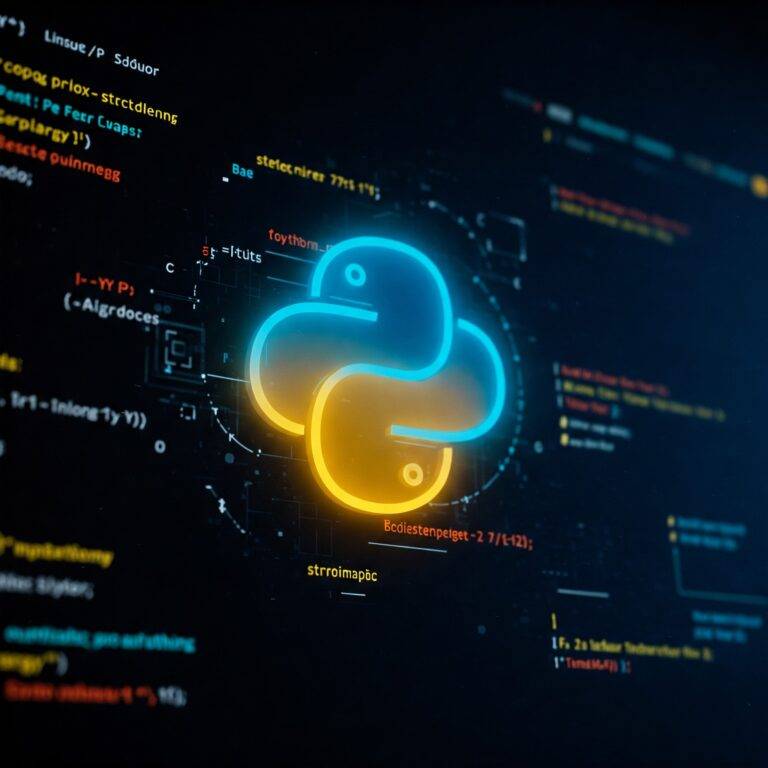
CATEGORIES
Lorem ipsum dolor sit amet, consectetur adipiscing elit. Ut elit tellus, luctus nec ullamcorper mattis, pulvinar dapibus leo.

